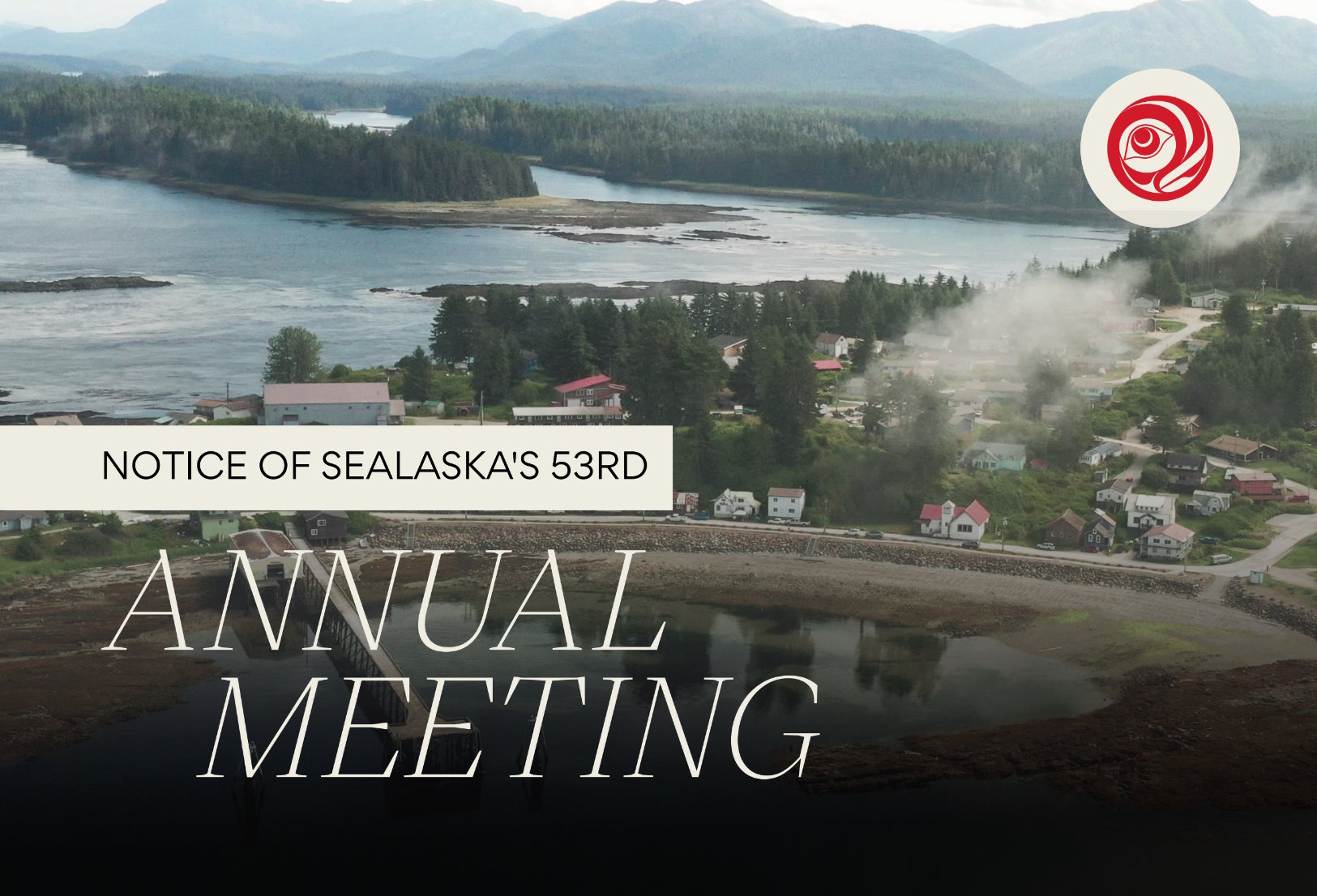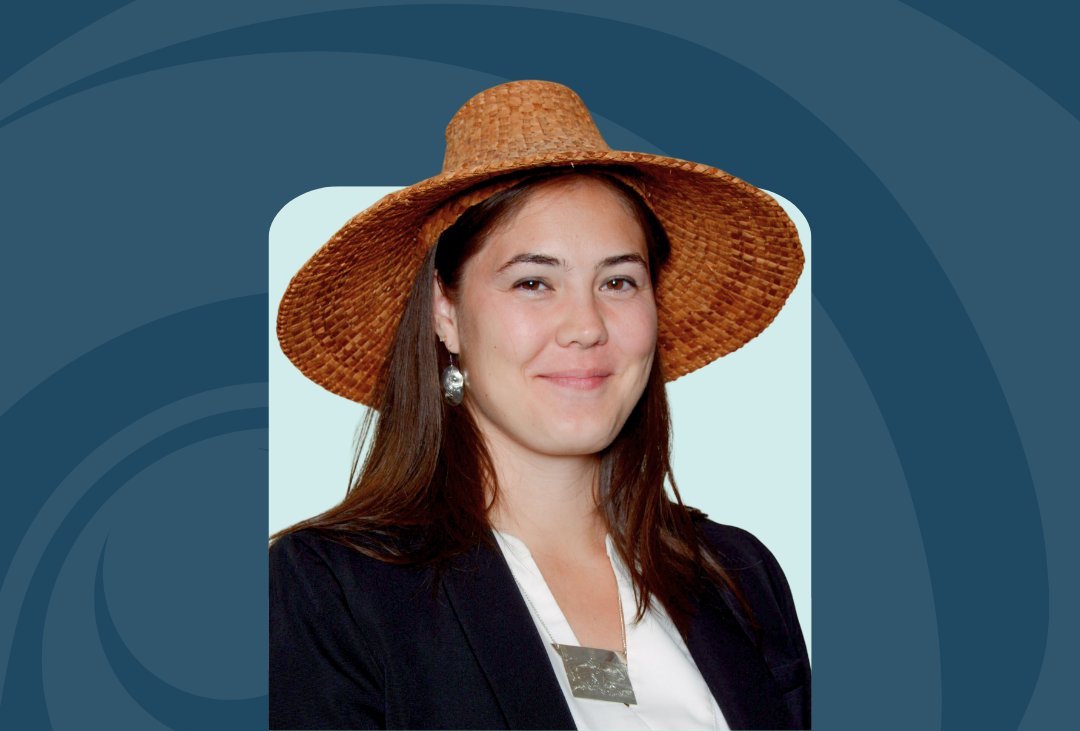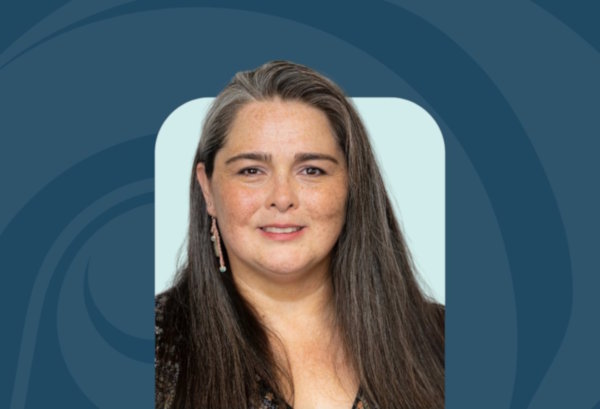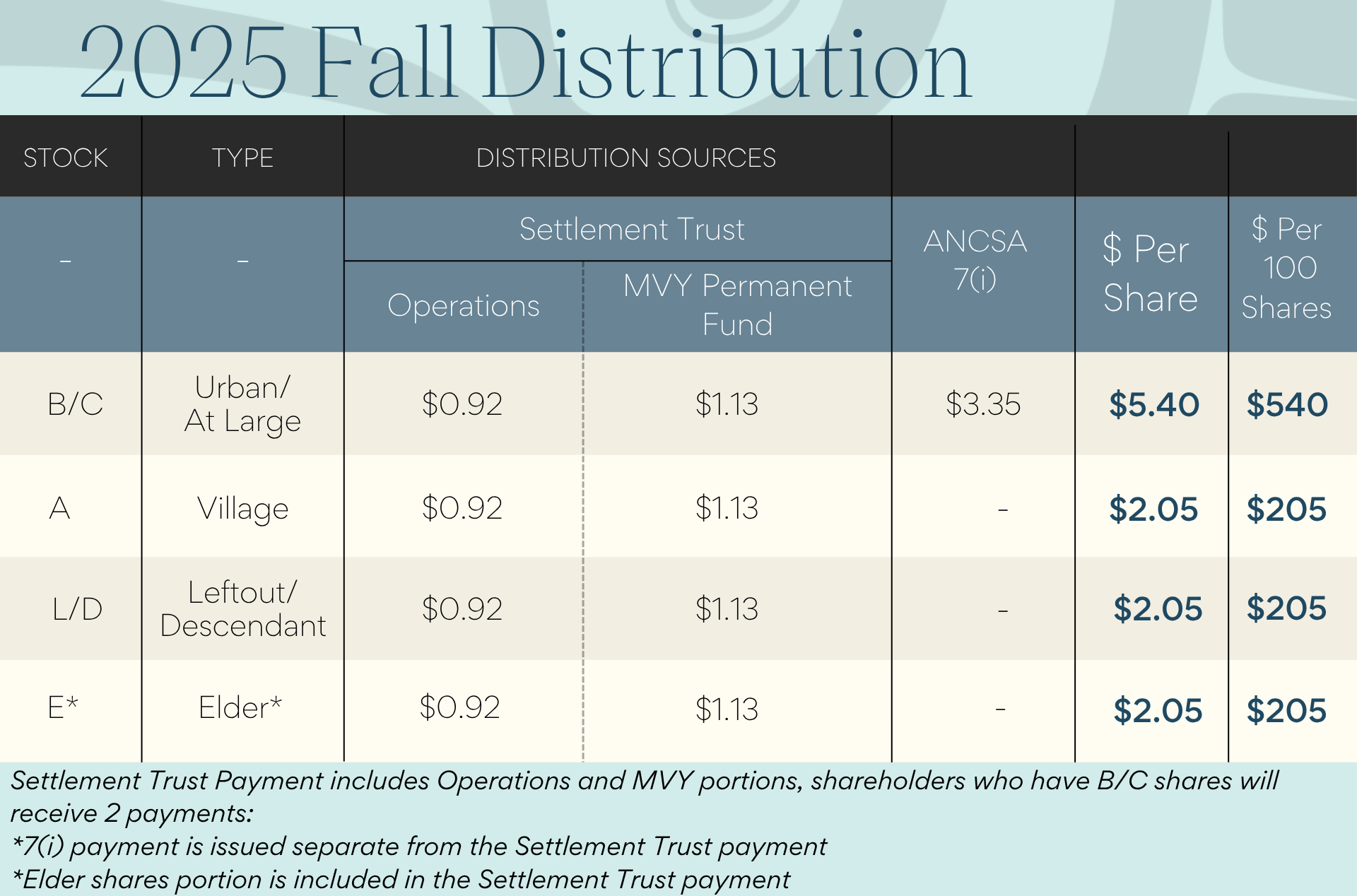Sealaska partners to support education equity in Alaska
Friday, March 6, 2020
Educational leaders and members from the business community from across the state gathered in Anchorage Feb. 27–28 for the Alaska CAN! Conference. Their goal was to come together and discuss issues related to post secondary education and barriers to supporting the state’s economy.
 Sealaska Board Chair Joe Nelson participated on a panel titled “Language Revitalization, Equity and Systemic Barriers in Southeast Alaska” and was joined by Sealaska Heritage Institute’s Kristy Dillingham and Anya Nelson from the Juneau School District.
Sealaska Board Chair Joe Nelson participated on a panel titled “Language Revitalization, Equity and Systemic Barriers in Southeast Alaska” and was joined by Sealaska Heritage Institute’s Kristy Dillingham and Anya Nelson from the Juneau School District.
The group spoke about the importance of including indigenous values in our educational system and how incorporating Native languages could contribute to student success.
“Sealaska is investing $10 million to revitalize our languages,” said Nelson. “The focus of that investment is to not just create language speakers but to create language teachers.”
The conference is part of a statewide initiative to reach an attainment goal of “65 by 2025” which refers to the need to increase the percentage of working-age Alaskans who hold postsecondary credentials — from apprenticeship or certificate completion to advanced degrees — to 65 percent by the year 2025.
The theme of this year’s conference was educational equity. For every 50 students who enter high school as 9th graders, only 33 will eventually finish in Alaska. The data is even more staggering when you examine the success rate once they enter college. On average, 15 students will enter college and only nine of those will still be enrolled by their sophomore year.
Sealaska recognizes the importance of addressing these statistics, especially as it relates to the attainment gap for Alaska Native students. Sealaska is investing in resources that inspire youth in Southeast Alaska to lead healthy lives and purse their educational goals.
“When we send our young people out into the world, we want them to have the competitive advantage of already knowing who they are,” said Nelson. “That’s the pathway forward for us and what we’re trying to change by investing in our people.”
Latest News
Notice of Sealaska's 53rd Annual Meeting of Shareholders
Pinned - Posted 2/12/2026The 2026 Sealaska Annual Meeting of Shareholders will be held on Saturday, June 27, in Angoon, Alaska. This year’s meeting will take place at the Angoon Elementary Gym, located at 500 Big Dog Salmon Road, Angoon, AK 99820.
Sealaska Welcomes Madeline Soboleff Levy
Posted 2/7/2026Sealaska welcomes Madeline Soboleff Levy as our new Vice President of Policy and Corporate Affairs.
Online Notary Service for Stock Wills
Posted 1/28/2026Sealaska is pleased to welcome Heather Shá xat k’ei Gurko
Posted 12/17/2025Sealaska is pleased to welcome Heather Shá xat k’ei Gurko as our new Director of Shareholder Communications.














